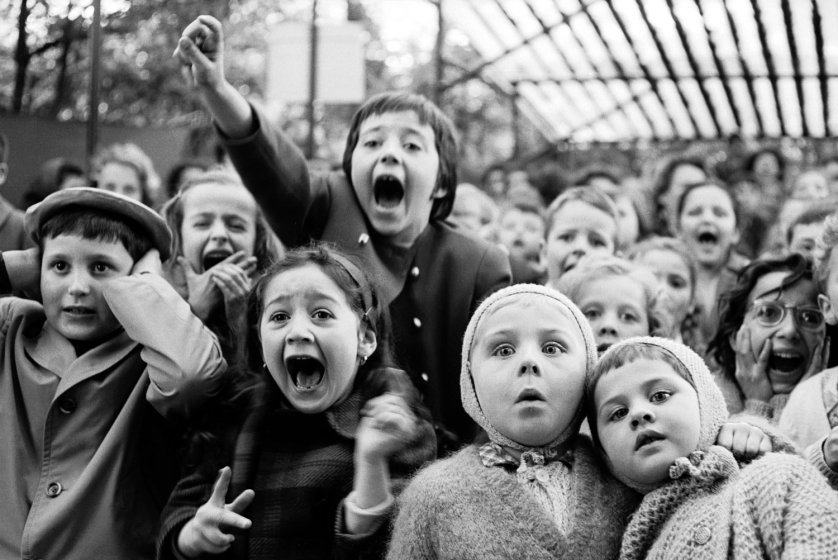“To live fully is to live with an awareness of the rumble of terror that underlies everything.”
— Ernest Becker, “The Denial of Death”
For some of us, the above “rumble of terror” is a buckling, earth-cracking tremor felt many times each day, a sort of clockwork bell that tolls every hour, on the hour. It is, of course, death, our unavoidable mortality, crooking a finger, baring its teeth and uttering a horror-movie cackle.
Drama aside, what Becker says is that without a sharp recognition of the reality of your own death you paper over a critical dimension of existence. Without death, paradoxically, a major chunk of life is muted. You reside in the dark.

The existential denial Becker speaks of amounts to an ignorance as willful as it is mystifying. To mention dying has become taboo. How can the most important stage in life, the great closure, the monumental punctuation mark, be off limits? “I don’t want to think about it,” goes a common refrain. “It’s just too horrible.”
But is it? By being aware of your mortality, knowing you will die, that it is an unstoppable event, you can cultivate a richer, more philosophical, existentially awakened life. The aim of this consciousness, as I’ve written before, is to “put you in touch with an untapped aspect of your spirituality, to jolt you out of complacency and into perhaps uncomfortable soulfulness.”
Instead, people distract themselves from the big questions and tough realities. Texting, Facebook and binge TV shows are potent diversions. We think we have control over our lives by doing the right things — exercising, eating healthfully, thinking positive, traveling, communing with art and nature, procreating.
Rubbish.
“Modern man is drinking and drugging himself out of awareness, or he spends his time shopping, which is the same thing,” Becker says.
Death isn’t on my lips — I rarely broach the subject — but it weighs on my mind like an anvil. I’m not talking about the gruesome, corporeal details of death — the corpse, the medical examiner, the venal funeral industry, the land waste of burial — but the chilly philosophical fact of mortality, of dying. Not how we die, but that we die.

It’s confounding that people dodder through life without considering death, as though it’s some vague, distant inconvenience that won’t afflict them — not even when they’re crossing a busy street or speeding down the highway or eating a marbled slab of steak or hauling around 100 pounds of extra body weight. The musty cliché “ignorance is bliss” could not be more fitting.
Accepting our fate now, in the present, dulls the fear factor. The idea of dying — Becker’s “rumble of terror” — is inarguably frightening, and that’s certainly why so many of us keep it at bay. But awareness makes you smarter, more prepared. It eases the angst. “The fear of death follows from the fear of life,” Mark Twain said. “A man who lives fully is prepared to die at any time.”
To live fully, says Becker, means to live mindfully, to be cognizant of that lyrical rumble of terror, to embrace one’s fate, or to at least be on cordial terms with it. It is, in fact, consciousness in full bloom.

